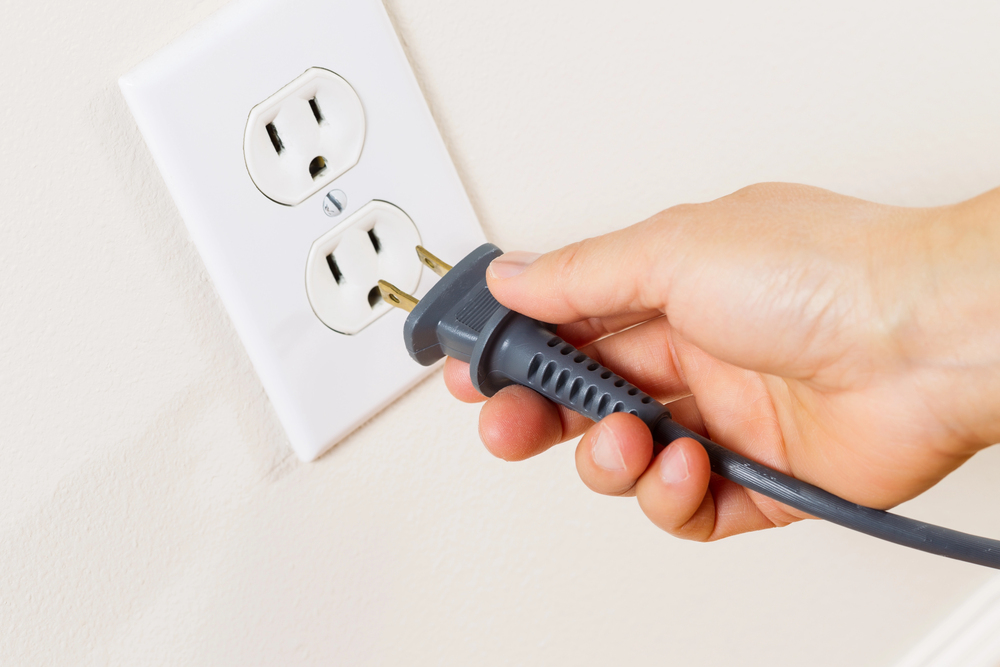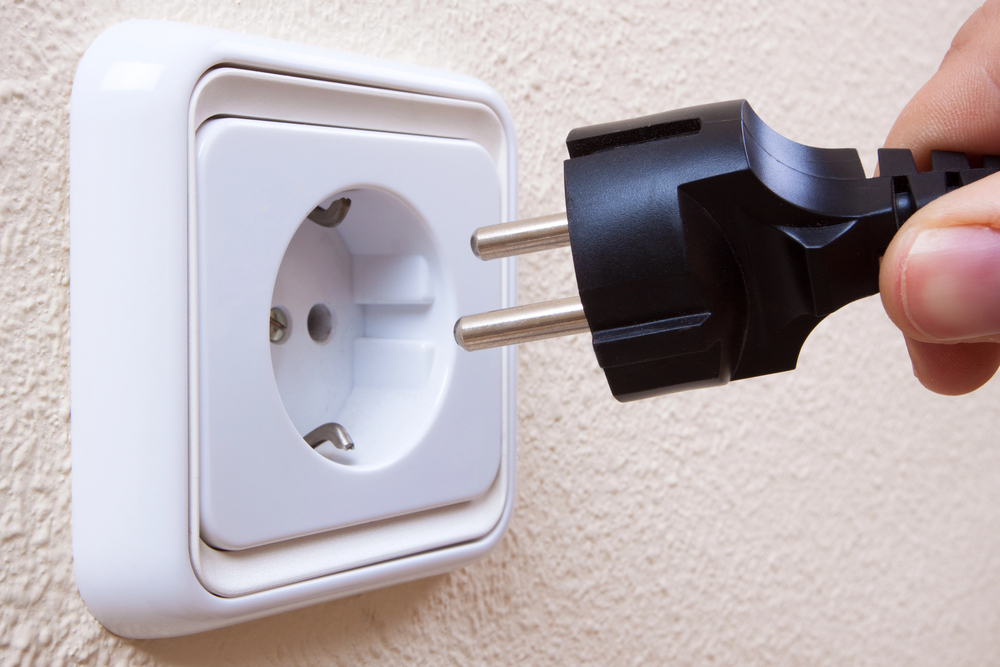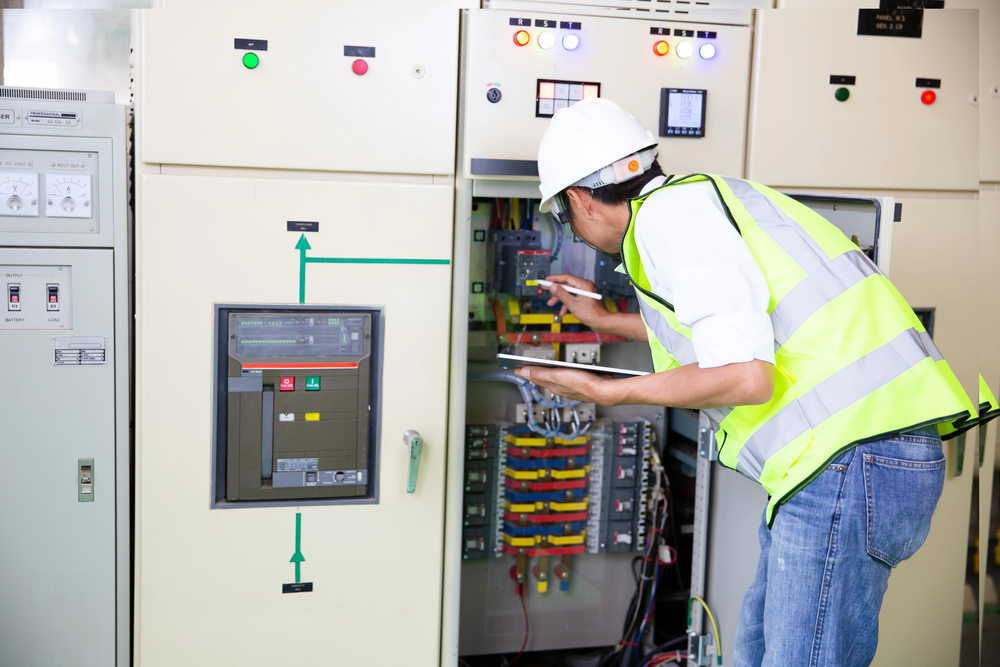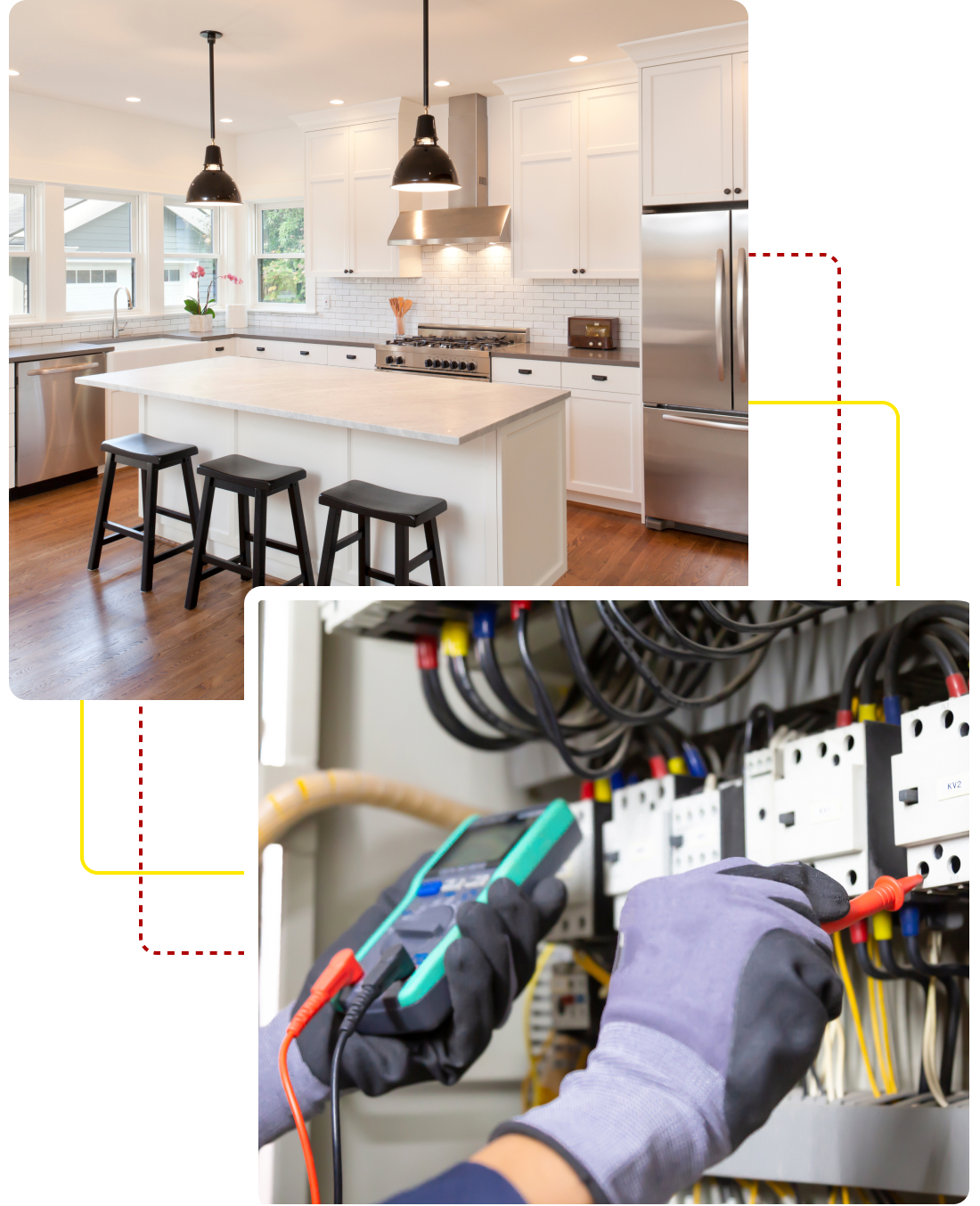Electrical engineering bridges the study of electricity, electronics, and electromagnetism with practical applications. Electrical engineers design, develop, and maintain systems that power homes, businesses, and industry. Their work ranges from small electronic circuits to large-scale power grids and automation systems.
Understanding what is an electrical engineer helps homeowners, business owners, and students appreciate the breadth of responsibilities handled daily. Electrical engineers combine theoretical knowledge with hands-on problem solving, supporting the development and maintenance of modern technology and energy infrastructure.

Power and Energy Engineering
Power engineers focus on the generation, transmission, and distribution of electricity. They design transformers, electric motors, high-voltage systems, and power electronics. These systems maintain consistent electricity delivery for residential and commercial users.
Engineers in this field also integrate renewable energy sources, including solar and wind power, into the grid or off-grid systems. Homes and businesses rely on these designs for safety, efficiency, and reliability.
Residential support is a practical application of these principles. Residential electricians apply electrical engineering knowledge to wiring, circuit upgrades, and safety inspections for homes.
Telecommunications and Signal Processing
Telecommunications engineers transmit information across communication channels such as coaxial cables, optical fibers, or wireless networks. They design transmitters, receivers, and modulation systems to prevent signal degradation or interference.
Engineers in this field handle data transmission, satellite communications, and cellular networks. Signal processing ensures information reaches its destination accurately, whether in homes or businesses.
Modern telecommunications systems often require collaboration with computer engineers and software experts to optimize network performance.
Control Engineering
Control engineers design systems that regulate dynamic processes to achieve desired behavior. Feedback systems are critical in vehicles, industrial machinery, and automation. Sensors monitor real-time performance, while controllers adjust processes to maintain stability and efficiency. These systems are used in commercial facilities, factories, and transportation infrastructure.
Electrical engineers combine electronics, software, and mechanical components to develop control solutions. Businesses that need advanced installations can refer to commercial electrical installers to integrate automated systems into their operations.
Electronics, Microelectronics, and Nanoelectronics
Electronic engineers create circuits using components like resistors, capacitors, diodes, and transistors. Microelectronics develops compact, efficient components, while nanoelectronics scales systems down to nanometer levels.
These technologies power medical devices, consumer electronics, robotics, and industrial systems. Engineers focus on optimizing energy use, reliability, and signal processing to enhance performance.
Their work enables modern electronics to become smaller, faster, and more capable, transforming daily life, communication, manufacturing, and industrial operations with precise and efficient technological solutions.
Instrumentation Engineering
Instrumentation engineers develop sensors and devices to measure temperature, pressure, flow, and other physical properties. These devices convert real-world data into electrical signals for monitoring and control.
They are used in aviation, industrial manufacturing, and scientific research. Accurate measurement is critical to system performance and safety.
Engineers also work on calibration, maintenance, and integration of instrumentation into larger systems, enabling automated and data-driven operations across various sectors.
Computer Engineering
Computer engineers design and optimize hardware, software, and embedded systems. They develop microprocessors, computers, and robotics for efficient computation, energy use, and connectivity. Their work supports automation, IoT devices, and smart energy systems.
Electrical engineers integrate computing and electronics to solve real-world challenges in homes, businesses, and industrial environments.
For urgent business needs, services such as 24/7 top-rated commercial electrical repairs in Houston, TX apply electrical engineering expertise to restore systems and maintain continuous operation.
Photonics and Optics
Photonics engineers work with light-based technologies. They design optical sensors, fiber-optic communication systems, lasers, and other devices that use electromagnetic radiation. Applications are found in telecommunications, medical imaging, and industrial monitoring.
Electrical engineers in this field combine optics, electronics, and computing to improve system efficiency and speed. Fiber-optic networks, high-speed internet, and precision measurement devices all depend on advancements in photonics.
Daily Responsibilities and Skills
Electrical engineers work across research, design, testing, and maintenance. They apply physics and mathematics to predict system behavior and troubleshoot failures. Practical tasks include sketching circuits, using computer-aided design software, and performing safety assessments.
Engineers also manage projects, supervise technicians, and communicate technical information to clients. Collaboration, problem solving, and adaptability are necessary skills.
Electrical engineers bring technical expertise to complex systems, from residential wiring to large-scale industrial installations.
Take Action with Aaron’s Electrical Service
Here at Aaron’s Electrical Service, we bring electrical engineering expertise to homes and businesses. Our team handles wiring, residential repairs, commercial installations, and emergency solutions, applying practical knowledge to keep systems running safely and efficiently.
We combine modern techniques with hands-on experience to solve electrical challenges, making sure every project meets high standards of reliability and performance.





